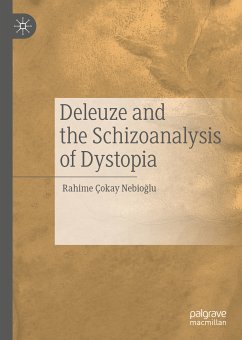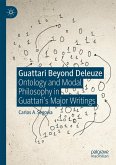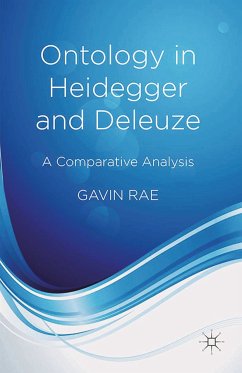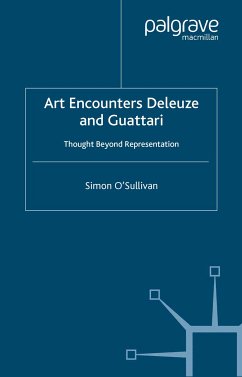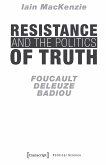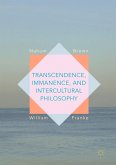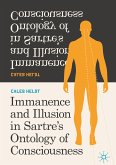Accompanied by a subtle exploration of earlier and later examples of the genre by George Orwell, Aldous Huxley, Suzanne Collins, Veronica Roth, William Gibson, Max Barry, Dave Eggers, Cindy Pon, and Tahsin Yücel along with rich and nuanced analysis of China Mieville's Perdido Street Station and Margaret Atwood's MaddAddam trilogy, the book seeks not only to track the transformation of dystopia in light of worldwide cultural, political and economic transformation, but also to conduct a schizoanalytic reading of dystopia, thus opening up an exciting field of enquiry for Deleuzian scholars.
Dieser Download kann aus rechtlichen Gründen nur mit Rechnungsadresse in A, B, BG, CY, CZ, D, DK, EW, E, FIN, F, GR, HR, H, IRL, I, LT, L, LR, M, NL, PL, P, R, S, SLO, SK ausgeliefert werden.

